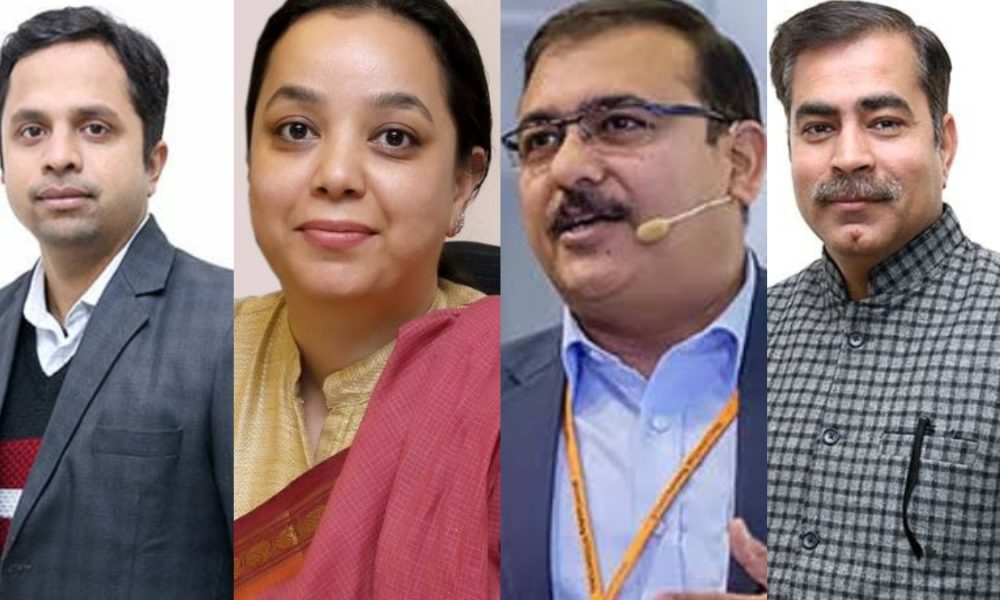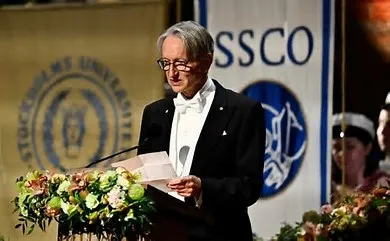With no signs of relief from coronavirus and also to protect India’s economy from taking a tailspin, the government announced Unlock 1.0 and allowed domestic flights to continue operations. Now, the challenge before the airport authorities remains to ensure social distancing and other guidelines to avoid crowds, especially at check-in counters, boarding gates, security check, pickup and drop off points, etc. To provide a solution to this, researchers at The University of Petroleum and Energy Studies, Dehradun, have developed a management tool “AeroOpt” to help the aviation industry maintain social distancing for passengers and staff. The management tool will work on optimising the airport infrastructure and staff requirements. It has the potential to improve efficiency of counters, immigration, security and boarding gates without compromising on social distancing norms.
Brainchild of senior professors including Dr Sheetal Khanka, Akhil Damodaran, Dr Tarun Dhingra and aviation veteran Dr Ashwini Khanna (owner of Aerotech Support Service), the tool scientifically calculates the optimum number of resources (staff, passengers, counters, queues, etc) to be allocated to an airline in a given time so that airports follow Covid norms, while knowing that they are utilising their capacity at the level determined.
Talking about how the idea was conceptualised, Dr Tarun Dhingra said, “Our university has a special programme in which we send our faculty for internship in the industry. Dr Khanka and Mr Damodaran was working in an airport where they saw counters used by airlines. They noticed that counters allotted and utilised by the airlines were much more than required. In airports, a counter is a big asset. So, they came up with an idea to have a scientific basis of counter allocations. Any counter saved with scientific basis is a counter earned. They came to me and I also became a part of it.”
As the faculty started working on the project, students too helped the team collect real-time data from airports. Prof Damodaran added, “Initially only the faculty was involved but when the project came to us, we required real-time data to work on algorithms and at that time students were involved. Management students from School of Business at UPES collected data from airports which included arrival and departure of flights, footfall of passengers, etc. About 6-10 students were involved in this project”.
Aviation veteran Ashwini Khanna informed that a major challenge before the team was to bring this tool in application at airports. “Most important challenge was applying the tool and finding the results at airports. I am happy to say that when we actually applied the tool, almost 30% of airport assets were found for utilisation. Airports have a tendency that if any infrastructure was occupied, you needed to build more. But here, with this tool, you get to know scientific ways where instead of building, you get a good way of asset utilisation.”
Currently, the standard AerOpt tool is a tailor-made software which can be used according to the need of different areas. The team is also talking to the Airports Authority of India to take this project further. Indian airports are dependent on foreign software for operations but now this tool is seen as a major boost to the Aatmanirbhar Bharat Abhiyaan.
However, the lockdown has given a huge jolt to Indian job sectors. As industries remain shut, students who will be entering the job market after the lockdown will definitely face hardships. Professors at UPES are also concerned about the situation and talked about the challenges ahead. Dr Khanka said, “This tool gives exposure to students on airport optimisations. Our students are partnering with airport operations and the capacity of research projects like AeroOpt to provide jobs is significant. About 5-8 people will get jobs at every airport with this.”























